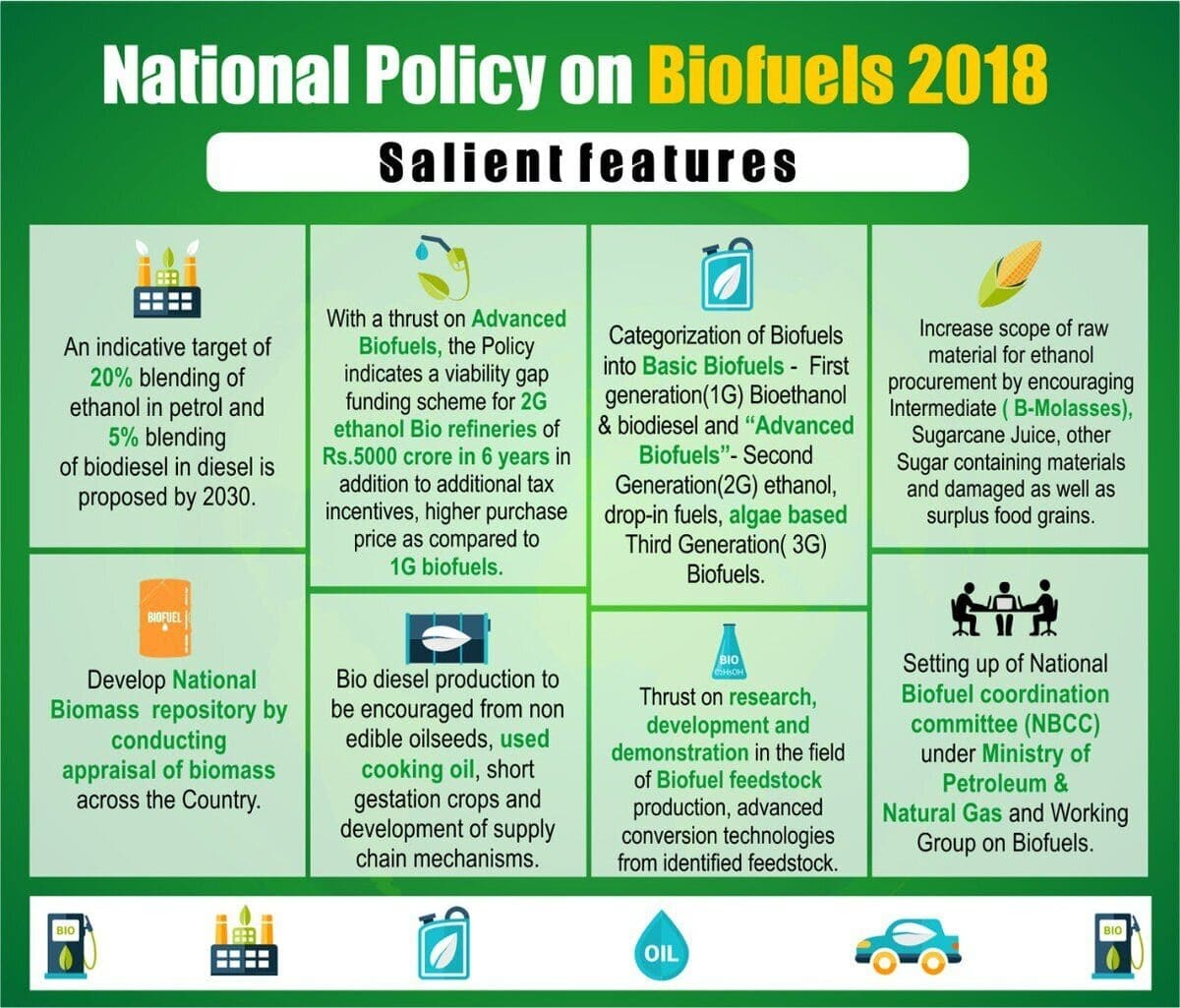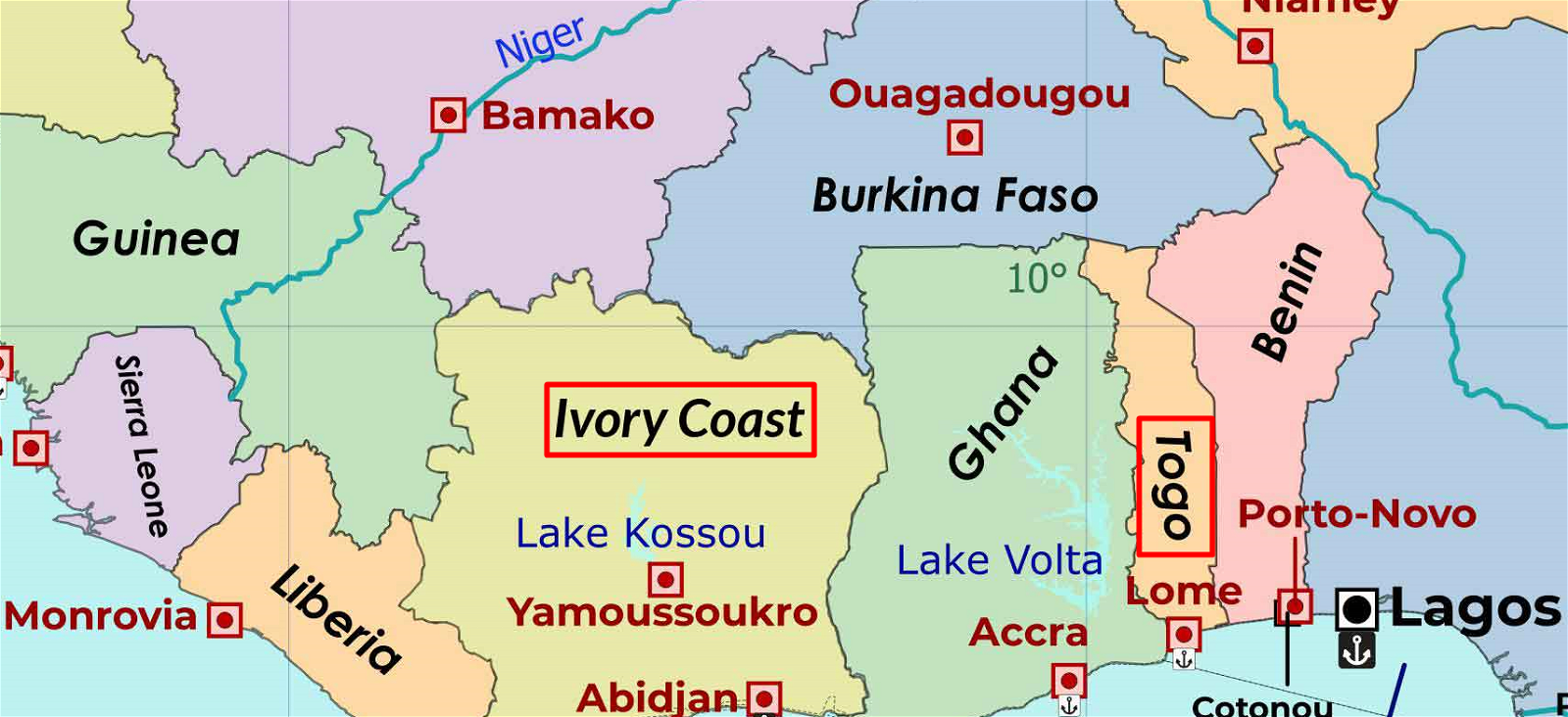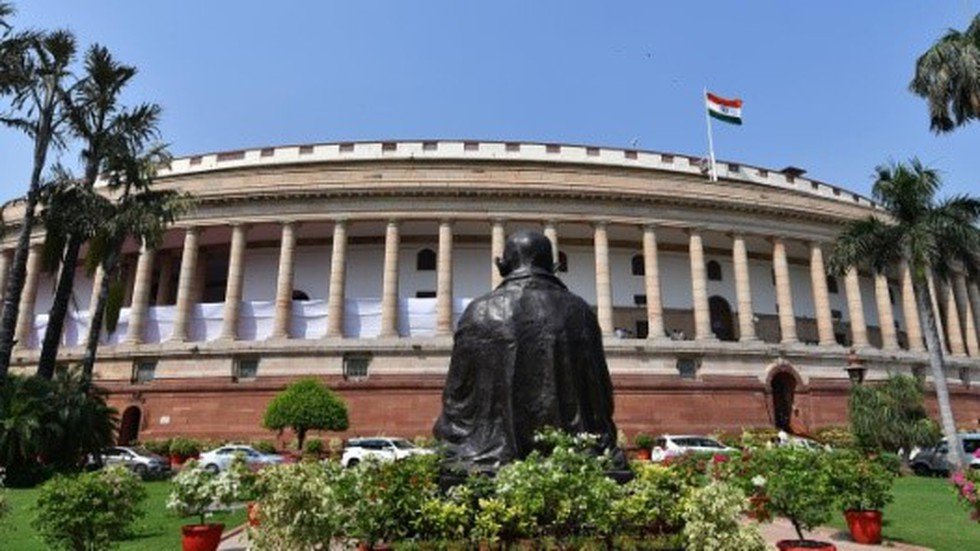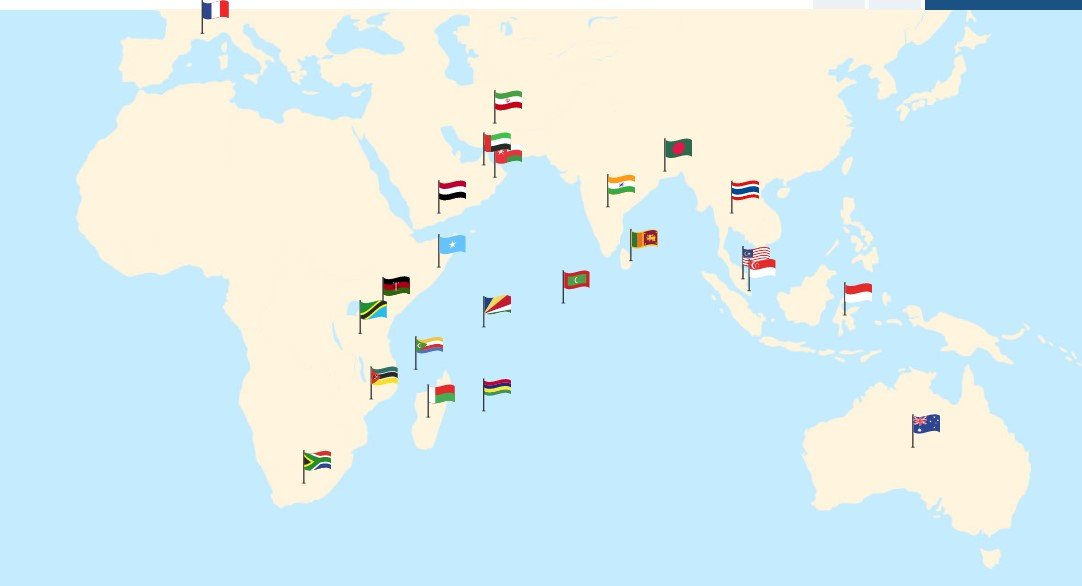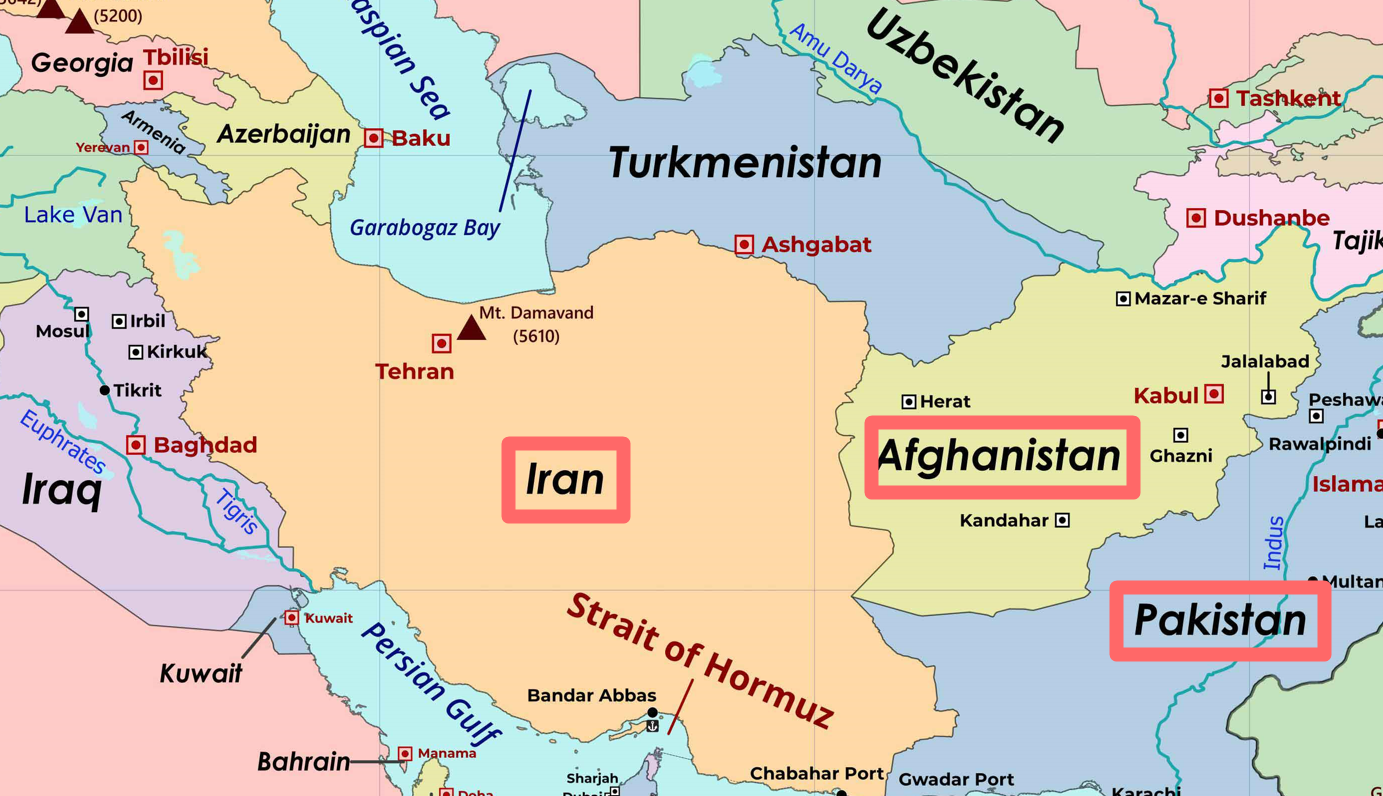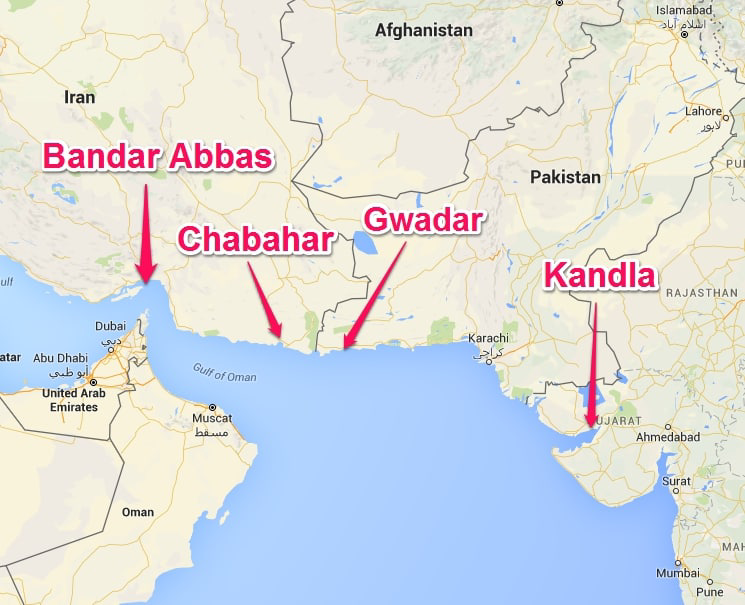
Compressed Biogas Blending Obligations (CBO)
Subscribers of "Current Affairs" course can Download Daily Current Affairs in PDF/DOC
Subscribe to Never Miss an Important Update! Assured Discounts on New Products!
Must Join PMF IAS Telegram Channel & PMF IAS History Telegram Channel
- Context (PIB): To promote the CBG in the country, the National Biofuels Coordination Committee (NBCC) approved the introduction of phase-wise mandatory blending of CBG in CNG (Transport) and PNG (Domestic) segments of the City Gas Distribution (CGD) sector.
Compressed Biogas (CBG)
- Biofuels are fuels (solid, liquid, and gaseous) that are derived from biomass/organic matter.
- As biofuels emit less CO2 than conventional fuels, they can be blended with existing fuels to reduce CO2 emissions.
- Biogas is a type of biofuel that is produced by anaerobic digestion of organic matter.

- The biogas is purified to eliminate hydrogen sulfide (H2S), carbon dioxide (CO2), and water vapour and then compressed into CBG.
- CBG has a methane (CH4) content of more than 90%.
- CBG has a calorific value and properties akin to Compressed Natural Gas (CNG).
- It can replace CNG, leveraging the abundant biomass resources in the country.
|
Compressed Natural gas (CNG) and Piped Natural gas (PNG)
- Natural gas is a fossil fuel that primarily consists of methane.
- It contains small amounts of other hydrocarbons, such as ethane, propane, butane, and pentane.
- It also contains nonhydrocarbon gases, such as carbon dioxide and water vapour.
- It burns cleaner than other fossil fuels, emitting fewer air pollutants and greenhouse gases.
- CNG is natural gas compressed to a pressure of 200-250 kg/cm2 and is used as a vehicular fuel.
- PNG is natural gas distributed through a pipeline with safety valves to maintain pressure for domestic cooking and heating/cooling applications.
Implementation of CBG Blending Obligation (CBO)
- CBG Blending Obligation (CBO) will be voluntary until FY 2024-2025 & mandatory from FY 2025-26.
- CBO will be 1% of total CNG/PNG consumption for FY 2025-26 and increase to 5% in 2028-29.
Advantages of CBG Blending Obligation (CBO)
- Circular economy: A circular economy minimises waste and pollution, prolongs resource use, and regenerates natural systems in the production and consumption model.
- Achieving net zero emission: India’s target to achieve net zero emission is 2070.
- Protecting the environment
- Saving of forex
Opportunities offered by CBG Sector
Utilise carbon dioxide (CO2) from CBG projects
- With every tonne of CBG produced, about 0.5 tonnes of CO2 is also generated, which is presently wasted and leads to greenhouse gas emissions. This can be captured and utilised for high-end applications.
Enrichment and marketing of fermented organic manure (FOM)
- Fermented organic Manure (FOM) is rich in carbon and micronutrients but lacks nitrogen and potassium, posing disposal issues for some plants.
- FOM can be enriched with nitrogen and potassium to meet chemical fertiliser standards and gain acceptance among farmers.
Regional-level feedstock mapping
- Though national data on feedstock availability, such as surplus agricultural residue, organic waste from municipalities, etc., exists, it’s imperative for CBG projects to access up-to-date and localised estimates.
- Utilising AI to forecast precise feedstock availability at the district or even neighbourhood level, facilitates effective plant planning.
Mixed feedstock technology
- CBG production predominantly relies on five distinct feedstocks (animal waste, agricultural residue, press mud, organic waste from municipalities and Napier grass).
- Currently, a majority of Indian plants utilise single-source feedstocks due to the absence of economically viable mixed feedstock processing technology.
- Accessible technology for handling mixed feedstock would enable plants to utilise a variety of sources, mitigating concerns regarding sourcing and shortages.
Monitoring health of bioreactors and microbes
- Biogas generation occurs through anaerobic digestion, where anaerobic bacteria break down organic matter.
- Tracking the health of the bacteria by implementing real-time monitoring and responsive solutions could significantly enhance plant operations, enabling continuous production without interruptions.
National Biofuels Coordination Committee (NBCC)
|
Sustainable Alternative Towards Affordable Transportation (SATAT)
|


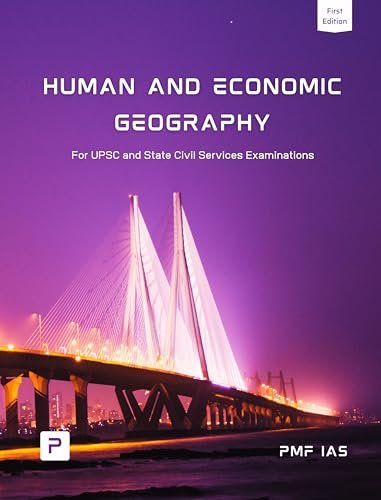



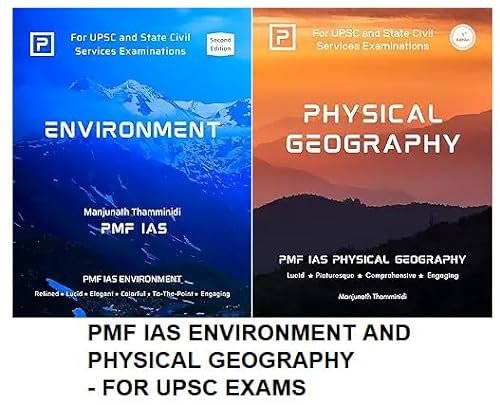
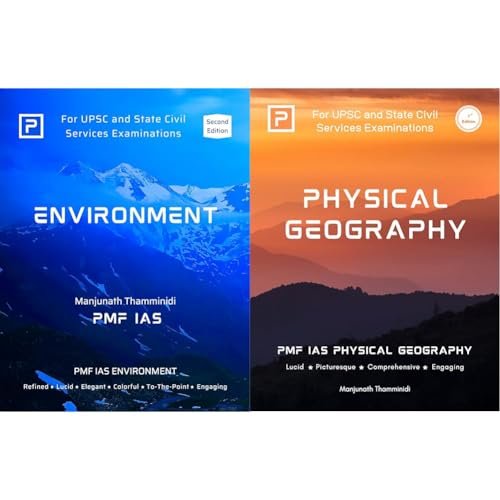
![PMF IAS Environment for UPSC 2022-23 [paperback] PMF IAS [Nov 30, 2021]…](https://pmfias.b-cdn.net/wp-content/uploads/2024/04/pmfiasenvironmentforupsc2022-23paperbackpmfiasnov302021.jpg)
